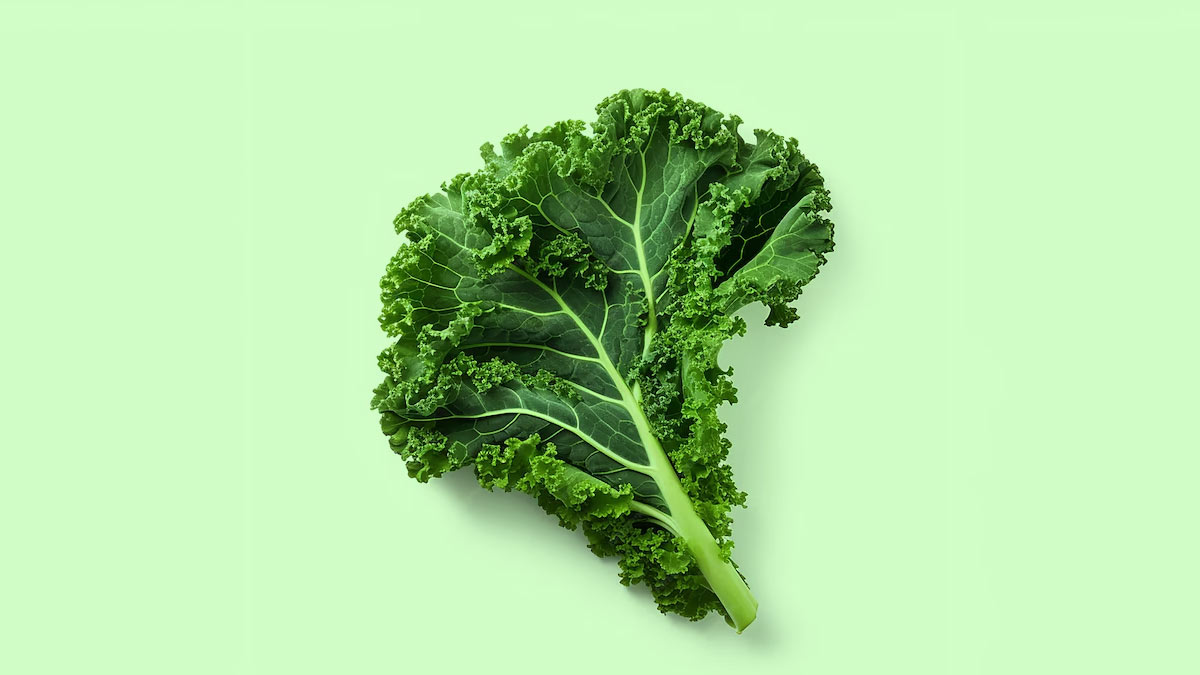
Have you ever tried recipes prepared using Kale? Kale, a leafy green vegetable from the cruciferous family, has grown in popularity in recent years due to its high nutritional value and multiple health advantages. Kale, which is high in vitamins, minerals, and antioxidants, provides numerous health benefits. We will look at how including kale into your diet can benefit your health.
Table of Content:-
Rich Source of Nutrients
As per US Department of Agriculture, Kale is a nutritional powerhouse, boasting an impressive array of vitamins and minerals essential for optimal health. It is particularly high in vitamin K, which is crucial for bone health and blood clotting, as well as vitamin A, vitamin C, and vitamin B6. Also, kale is a good source of minerals such as calcium, potassium, and magnesium, all of which play vital roles in various bodily functions.

Also read: Avoiding Hyperkalemia And Hypokalemia: Here’s How Much Potassium Do You Need In A Day
Antioxidant-Rich
Antioxidants help combat oxidative stress and inflammation in the body, reducing the risk of chronic diseases such as heart disease and cancer. According to Journal Plants, Kale is loaded with antioxidants, including flavonoids, carotenoids, and polyphenols, which help protect cells from damage caused by free radicals. Consuming kale regularly can contribute to overall health and longevity.
Supports Heart Health
The nutrients found in kale can benefit cardiovascular health in several ways. Its high fibre content aids in lowering cholesterol levels, while potassium helps regulate blood pressure, reducing the risk of hypertension and stroke. Additionally, kale contains omega-3 fatty acids, which have anti-inflammatory properties and may lower the risk of heart disease.

Promotes Digestive Health
Fibre is essential for digestive health, promoting regular bowel movements and preventing constipation. Kale is an excellent source of dietary fibre, which supports a healthy digestive system and may reduce the risk of digestive disorders such as diverticulitis and irritable bowel syndrome (IBS). Incorporating kale into your diet can help maintain gastrointestinal health and promote overall well-being.
Bone Health and Osteoporosis Prevention
Calcium and vitamin K are crucial nutrients for bone health, helping to maintain bone density and prevent conditions such as osteoporosis. Kale is rich in both calcium and vitamin K, making it an excellent addition to a bone-healthy diet. Regular consumption of kale, along with other calcium-rich foods, can contribute to strong and healthy bones as you age.
Also read: Avoid Juicing Leafy Greens Like Spinach Or Kale, It Can Increase Your Risk Of Kidney Disease
Weight Management and Diabetes Prevention
Kale is low in calories and carbohydrates while being high in fibre, making it an excellent choice for those looking to manage their weight or prevent diabetes. Its high fibre content helps promote satiety, reducing overall calorie intake and supporting weight loss efforts. Additionally, the nutrients in kale may help improve insulin sensitivity, lowering the risk of type 2 diabetes.
Adding kale into your diet is a simple but effective method to improve your overall health and wellbeing. Kale, whether eaten raw in salads, blended into smoothies, or cooked in a variety of meals, has a plethora of nutritional advantages that can help with heart health, digestive health, bone health, and other conditions. Make kale a regular component of your diet to get the numerous benefits and live a healthier, happier life.
Also watch this video
How we keep this article up to date:
We work with experts and keep a close eye on the latest in health and wellness. Whenever there is a new research or helpful information, we update our articles with accurate and useful advice.
Current Version